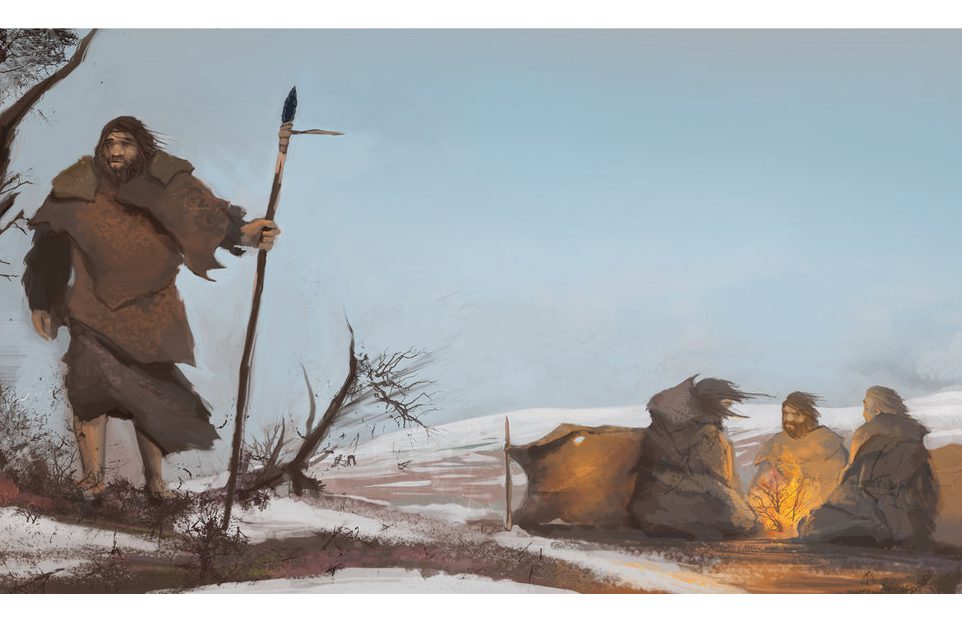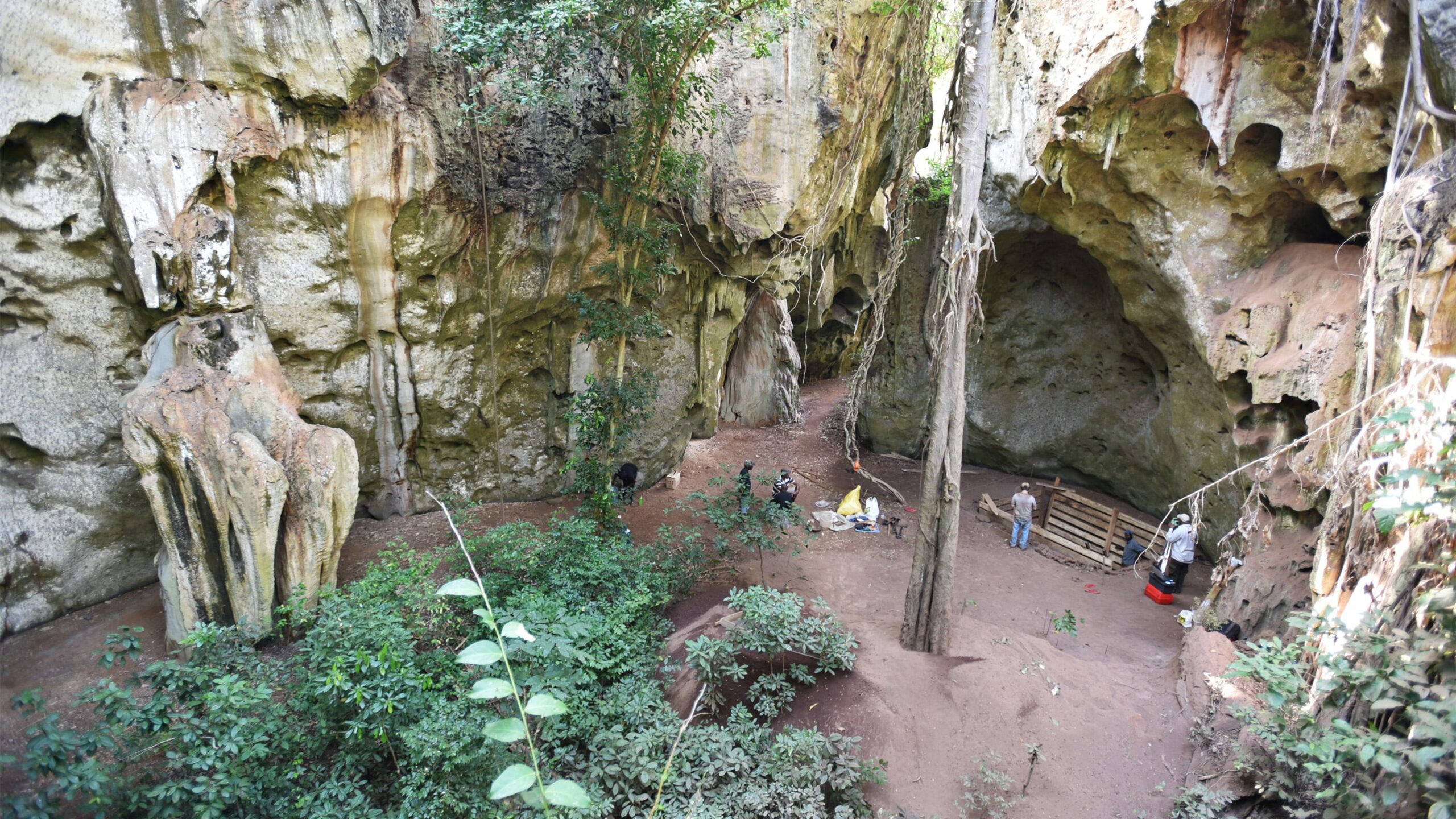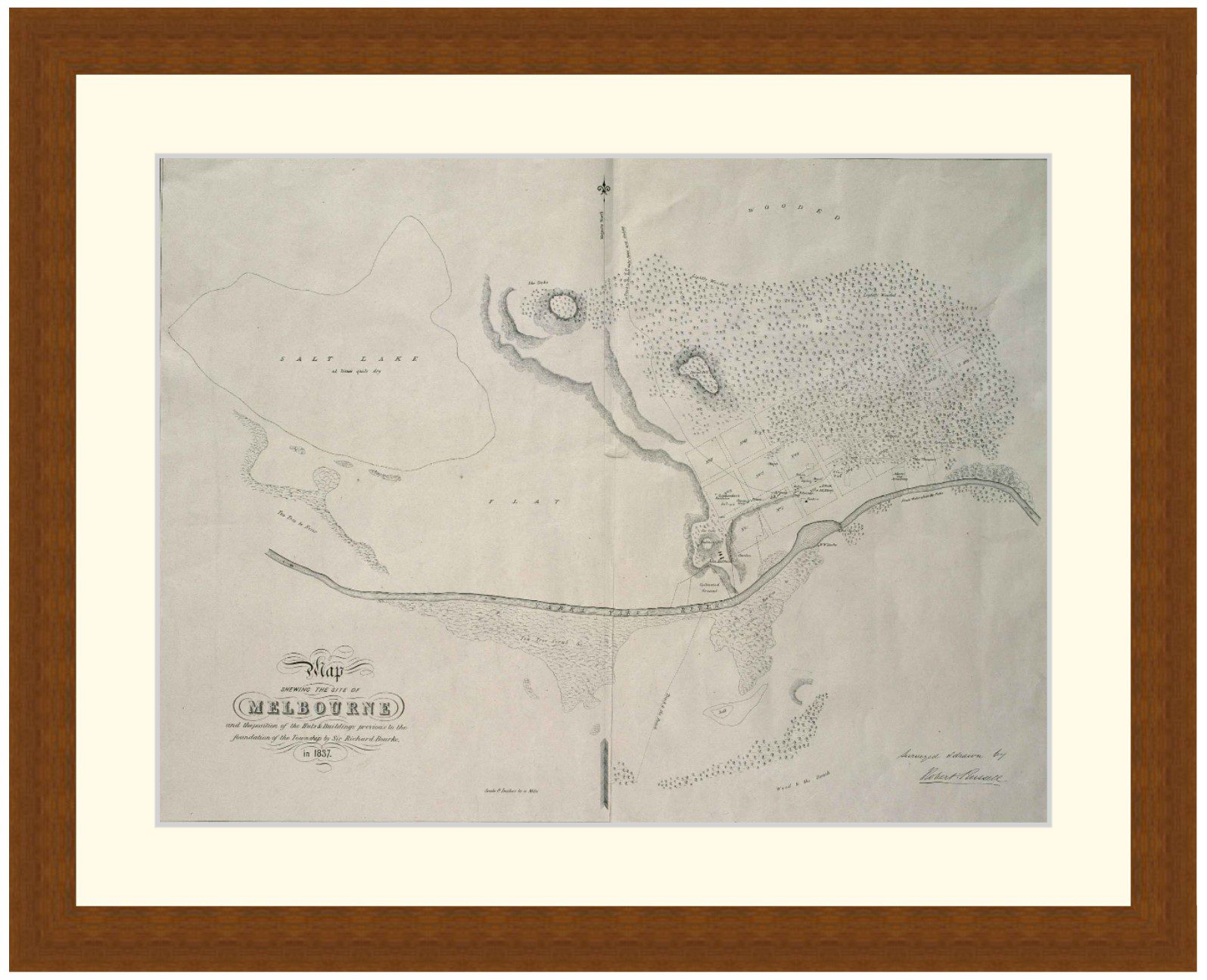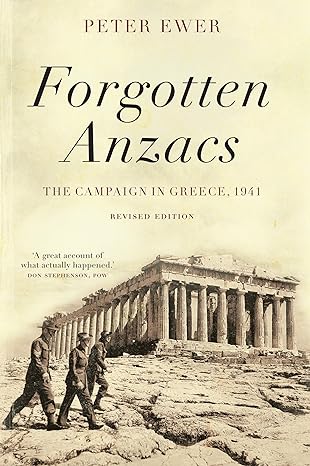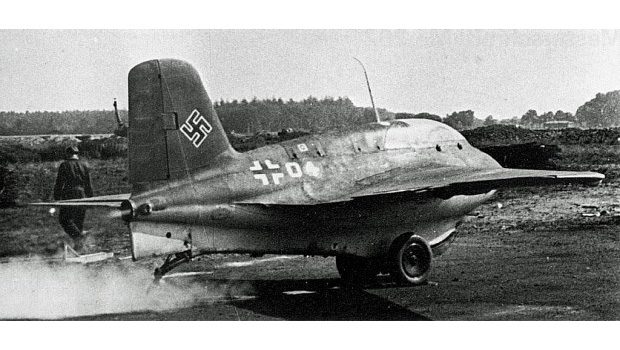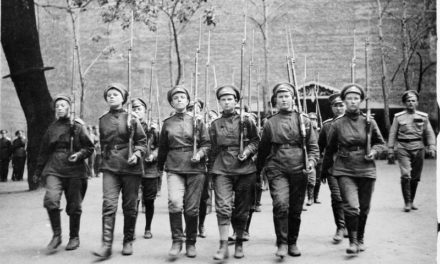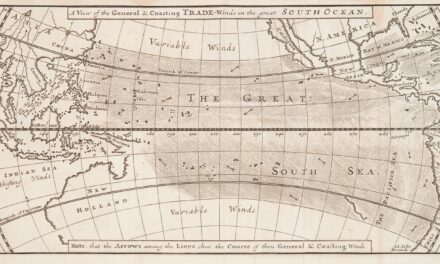The History Guild Weekly History Quiz.
See how your history knowledge stacks up.
Have an idea for a question? Suggest it here and we’ll include it in a future quiz!
Want to know a bit more about the questions in the quiz, or the story behind them? Read on!
1. What is the origin of the name Neanderthal?
The name of the area the fossils were first discovered – Neanderthals are named after the valley, the Neandertal, (“the Neander Valley” in English) in which the first identified specimen was found. This is in Germany, near Düsseldorf.
2. The siege of Kohima was part of which conflict?
WW2 – The Battle of Kohima, together with the intertwined Battle of Imphal proved the turning point of the Japanese U-Go offensive into India in 1944 during the Second World War. Referred to as the “Stalingrad of the East”, for the first time the Japanese were defeated in a battle and they never recovered from it.
3. Who was the first Chancellor of Germany?
Otto von Bismarck – A conservative German statesman who masterminded the unification of Germany in 1871 and served as its first chancellor until 1890, in which capacity he dominated European affairs for two decades. He provoked three short, decisive wars, against Denmark, Austria, and France.
4. After the end of WW2 which country has seen the most deaths from war?
Democratic Republic of the Congo (Formerly Zaire) – The First and Second Congo Wars from 1996 to 2003 caused an estimated 5.4 million deaths. This war developed out of the decline of Zaire after 30 years of corrupt, authoritarian rule by president Mobutu Sese Seko. The situation escalated when Rwanda invaded Zaire in 1996 to defeat a number of rebel groups which had found refuge in the country. This invasion quickly escalated, as more states (including Uganda, Burundi, Angola, and Eritrea) joined the invasion, while a Congolese alliance of anti-Mobutu rebels was assembled. Though the Zairean government attempted to put up an effective resistance, and was supported by allied militias as well as Sudan, Mobutu’s regime collapsed in a matter of months. Despite the war’s short duration, it was marked by widespread destruction and extensive ethnic violence. This lead shortly after into the Second Congo War, which involved some of the same issues.
5. Who was the first person in space?
Yuri Gagarin – On 12 April 1961 the Vostok 1 spacecraft was launched from Baikonur Cosmodrome. Aboard was Gagarin, the first human to travel into space. As he blasted off he transmitted Poyekhali! (‘Off we go!’), which later became a popular expression in the Eastern Bloc that was used to refer to the beginning of the Space Age.
6. “Chain Home” was part of the defences of which country?
Britain during WW2 – Chain Home was the codename for the ring of coastal Early Warning radar stations built by the Royal Air Force (RAF) before and during the Second World War to detect and track aircraft. Chain Home proved decisive during the Battle of Britain in 1940, it could detect enemy aircraft while they were still forming up over France, giving RAF commanders ample time to marshal their entire force directly in the path of the raid.
Chain Home remained in use until 1957, being rapidly re-activated and modernised after the Soviet’s detonated their first atomic bomb in 1949.
7. In a daring raid in 1976 Israeli special forces rescued hostages being held at which airport?
Entebbe, Uganda – After the 1972 Munich Olympics kidnapping and subsequent massacre of Israeli athletes the Israeli Defence Force upgraded it’s training and capabilities to deal with hostage taking in foreign countries. This role was assigned to the Sayeret Matkal special forces unit.
When the Palestinian Liberation Organisation (PLO) hijacked an Air France A300 from Tel Aviv and flew it to Entebbe in 1976, Sayeret Matkal planned a mission to release the hostages. Israeli transport planes carried 100 soldiers over 4,000 kilometres (2,500 mi) to Uganda for the rescue operation. Of the 106 hostages, 102 were rescued and 4 were killed. 5 Israeli soldiers were wounded and 1, unit commander Lt. Col. Yonatan Netanyahu, was killed. Netanyahu was the older brother of Benjamin Netanyahu, who would later become Prime Minister of Israel.
8. What was Bangladesh previously known as?
East Pakistan – The borders of modern Bangladesh were established with the partition of India, when the region became East Pakistan. Bangladesh became independent in the wake of the Bangladesh Liberation War, which was spurred by Pakistani military operations to suppress the Bengali nationalist and self-determination movement. This developed into the 1971 Bangladesh genocide, in which the Pakistani military and aligned militia units killed over 300,000 Bangladeshis.
Bangladeshi forces fought back, and with Indian support defeated the Pakistani military and gained independence.
9. What year did Britain gain control of Hong Kong?
1841 – Britain occupied Hong Kong Island in 1841 during the First Opium War. The colony expanded to the Kowloon Peninsula in 1860 after the Second Opium War and was further extended when the UK obtained a 99-year lease of the New Territories in 1898.
Although Hong Kong Island and Kowloon were ceded in perpetuity, the leased New Territories comprised the vast majority of the total area. Britain did not see any viable way to divide the colony, so they agreed to release the entire territory to China upon the expiration of the New Territories lease in 1997.
What happened to Hong Kong during WW2?
10. Which aircraft is this?

Fokker Dr.I – Often known simply as the Fokker Triplane, the Fokker Dr.I was a World War I fighter aircraft built by Fokker-Flugzeugwerke. It saw widespread service in the spring of 1918 and became famous as the aircraft in which Manfred von Richthofen gained his last 19 victories, and in which he was killed on 21 April 1918.
Articles you may also like
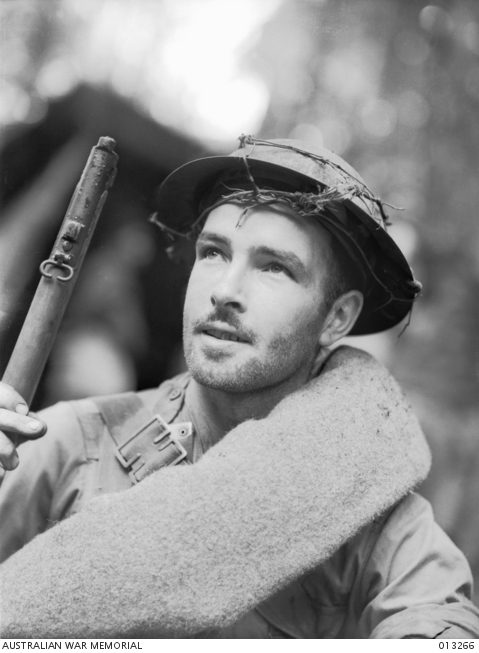
39th Militia Battalion and the Kokoda Track – Part 2
Reading time: 10 minutes
After the retreat from Kokoda, the battered survivors of B Company, 39th Battalion regrouped at the small village of Deniki. Major Allan Cameron, a 30th Brigade staff officer, arrived shortly after at Deniki on 4th August. Disgusted by the apparently ‘unsoldierly’ appearance of B Company, he jumped to the conclusion that these men must have run away from the fighting and had abandoned Kokoda for no reason. He sent them further back to Isurava in disgrace, depriving the remainder of the 39th of the only troops with battle experience. This wouldn’t be the last time that a textbook tactical withdrawal would be mistaken for cowardice. Cameron then decided that Kokoda must be recaptured.
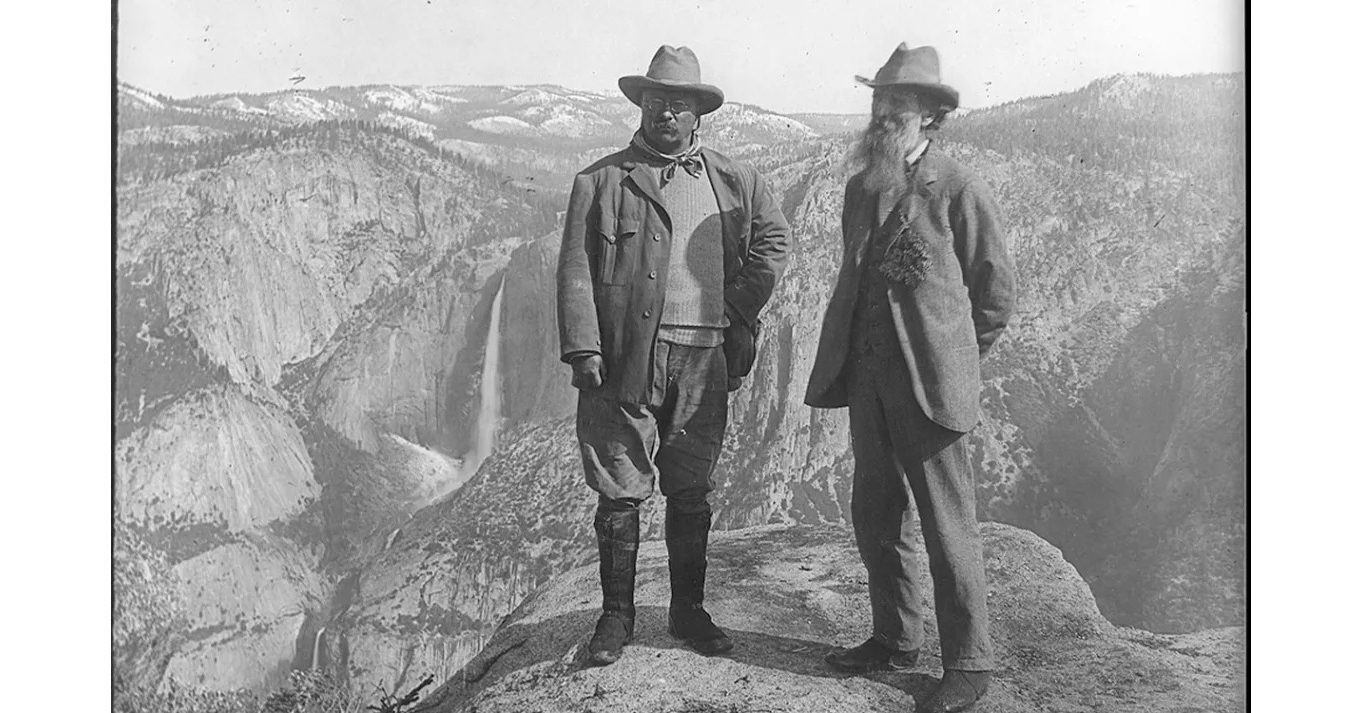
General History Quiz 213
1. What was the relationship between Theodore Roosevelt and Franklin D. Roosevelt?
Try the full 10 question quiz.

